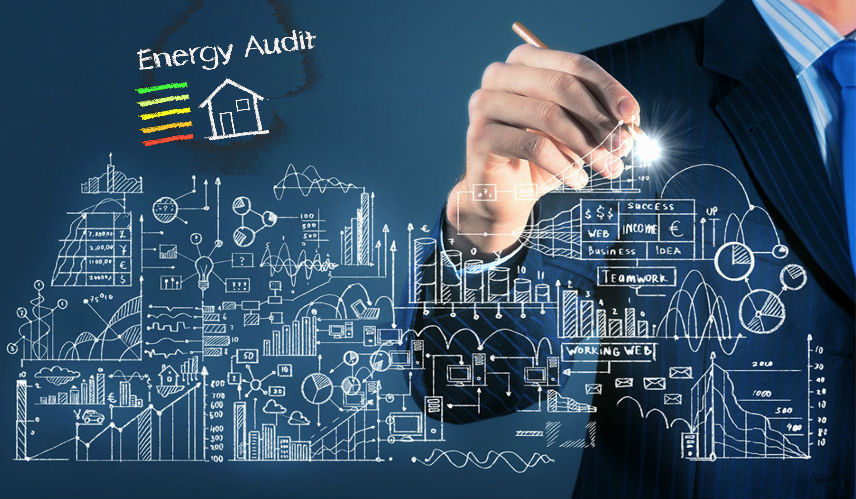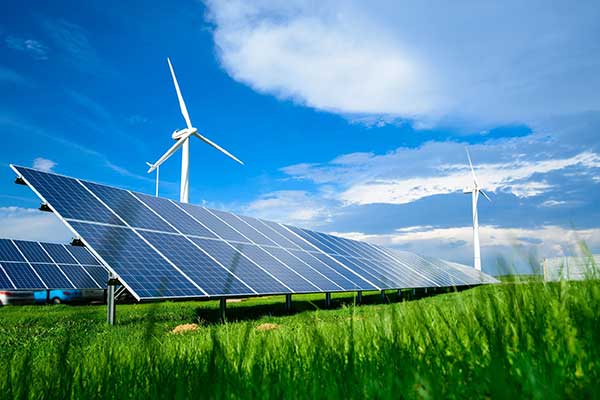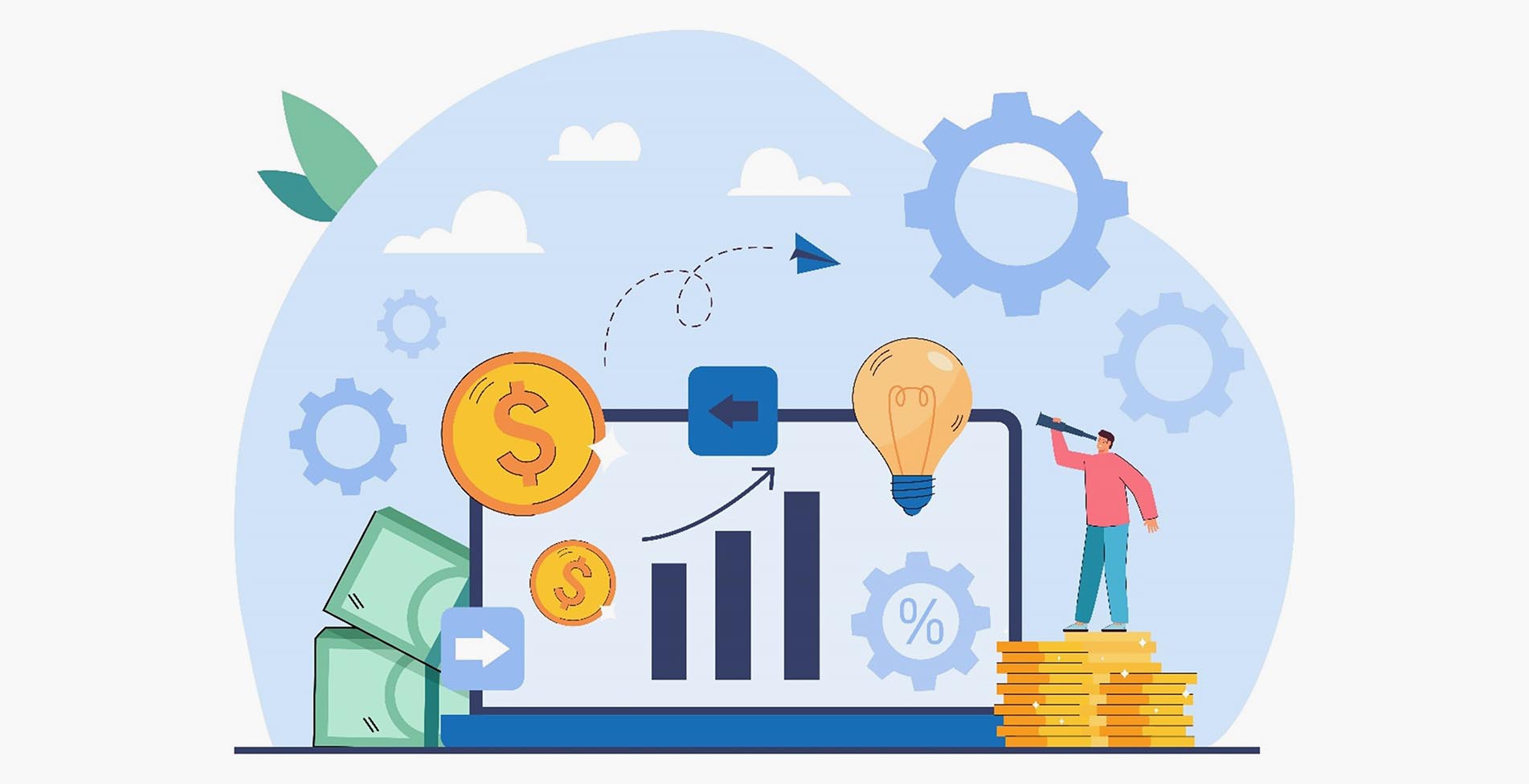The main objective of an industrial placement is to provide students with practical experience in a chosen company. This is an opportunity for students to apply the theoretical knowledge they have learned in the classroom to real-world situations.
- Викладач: Kim Sung Kyu
- Викладач: Sundararajan Raveendran
- Викладач: Лютак Ігор

Studying the discipline "Energy control and audit" will give students the opportunity to learn the main approaches used to improve the energy efficiency of buildings and engineering systems. During the course, students will get acquainted with the main tasks and methods of conducting an energy audit, learn to identify the places of the greatest energy losses in buildings and engineering networks, as well as develop reasonable recommendations for the implementation of energy-saving measures. The practical part will include work with specialised equipment and software products for processing the obtained measurement results.
- Викладач: Kim Sung Kyu
- Викладач: Sundararajan Raveendran
- Викладач: Цих Віталій

The “Principles of renewable and green energy generation” section provides the knowledge about main renewable and green energy sources principles with the purpose to reduce fossil fuels consumption. Students will analyze the efficiency of different sustainable energy sources and their impact on the environment and climate change. This module helps to understand energy generation from different types of renewable and green technologies, their pros and cons, and perspectives of their future development.
- Викладач: Николин Уляна

The ”Modem problems and challenges” section studies world problems and challenges that arise in modern society, in particular, a part of the course is devoted to the impact of powerful globalization processes on humanity in all spheres of its activity.
- Викладач: Гривнак Богдан

The “Project management for information systems” section provides for the formation of a system of knowledge about the specifics of modern project management in the field of information systems, which will allow not only to expand this knowledge in the future in this subject area and successfully solve important tasks of a professional nature, but also to effectively use project management tools at all stages of the implementation of the project life cycle .
- Викладач: Kim Sung Kyu
- Викладач: Sundararajan Raveendran
- Викладач: Полянська Алла

The "Energy: economics and sustainable development" section is designed to provide students with an understanding of the economic and social aspects of sustainable energy development. The module covers topics such as energy economics, energy balance, economics of renewable energy, low carbon economy and will develop the skills to assess the economic viability of sustainable energy projects.
- Викладач: Kim Sung Kyu
- Викладач: Sundararajan Raveendran
- Викладач: Мельничук Іванна

The “English for business communication” module is focused on solving those life and professional situations that could potentially arise in the life of a young person. In particular, it is supposed to familiarise students with the methods and techniques of successful business communication, the formation of skills and abilities in making presentations, choosing appropriate strategies that increase the effectiveness of meetings and negotiations.
- Викладач: Kim Sung Kyu
- Викладач: Sundararajan Raveendran
- Викладач: Штогрин Мар'яна

The module "Principles and methods of data analysis in energy industry" aims to teach applicants how to apply techniques of data collection methods, data preprocessing and data analysis techniques to energy-related data, such as energy consumption data, renewable energy generation data, or energy price data. By the end of the module, students will have the skills needed to collect, preprocess, analyse, and interpret energy-related data, and use this information to make informed decisions in the energy sector.
- Викладач: Kim Sung Kyu
- Викладач: Sundararajan Raveendran
- Викладач: Слабінога Мар'ян
